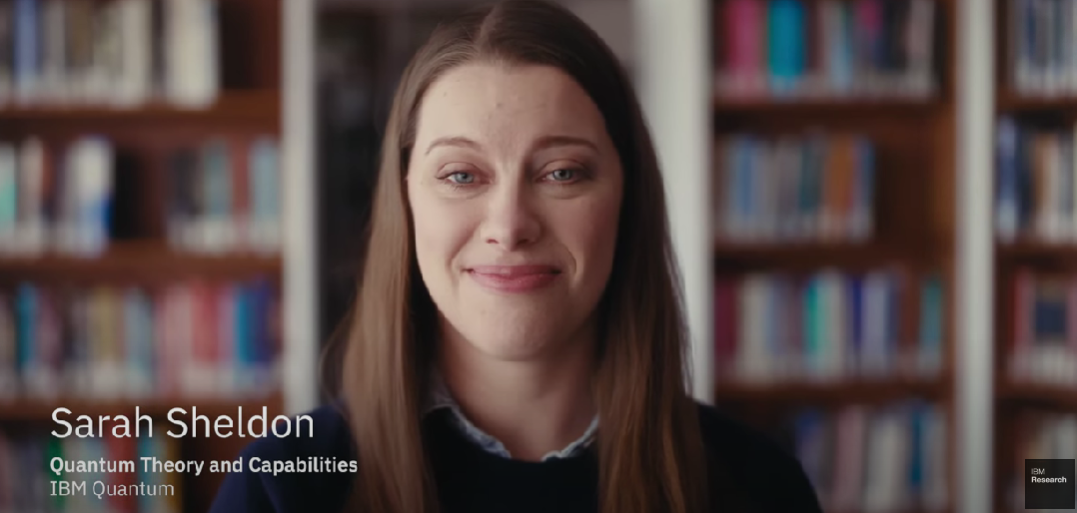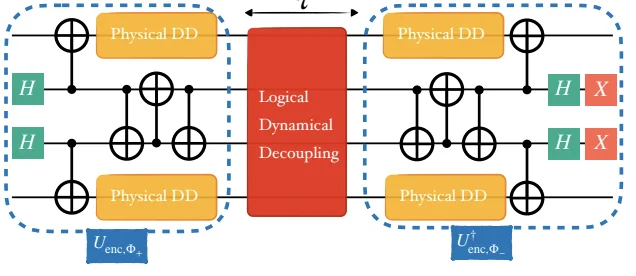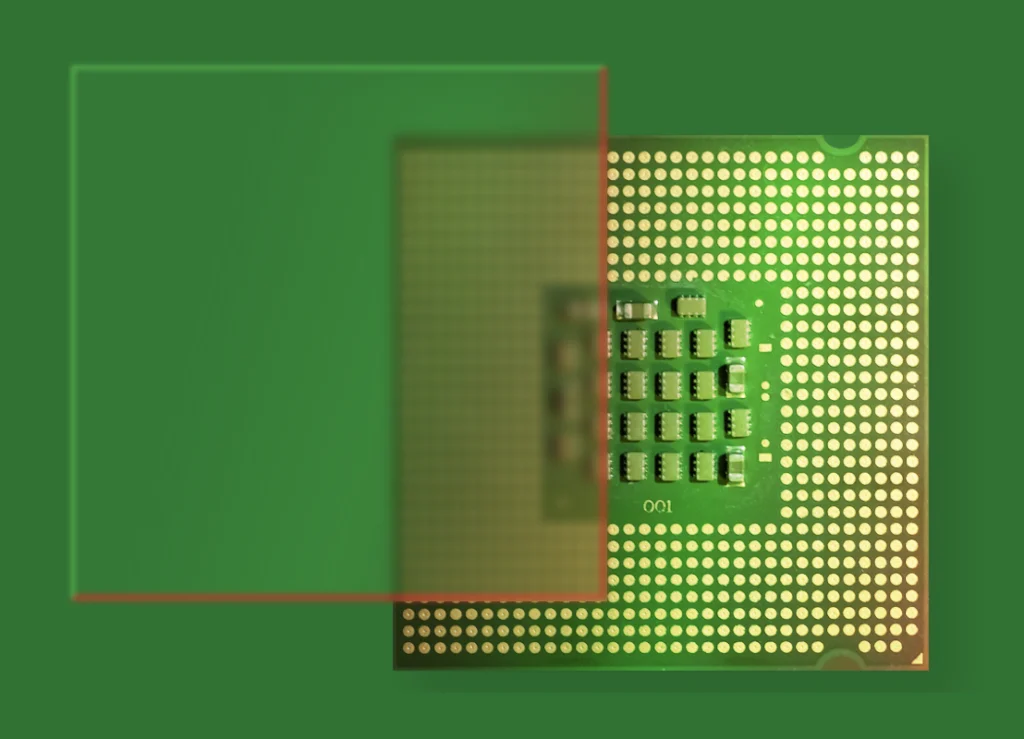This week, The Quantum Insider published a press release that announced IBM Quantum and UC Berkeley’s findings that suggest noisy quantum computers can outperform supercomputers at certain tasks.
They achieved this by demonstrating that quantum computers can deliver accurate and reliable results for challenging simulation problems at a scale of 127 qubits. The scale of this problem is beyond what can be achieved with the most powerful classical computers.
According to IBM, the research “demonstrates that only two options now exist for solving quantum simulation problems at this scale: (1) classical approximation methods, which are more scalable but less accurate than exact classical methods, and (2) quantum hardware.”
To celebrate this achievement, IBM Research made the short film, Quantum Utility: IBM Quantum and UC Berkeley experiment charts path to useful quantum computing, published on YouTube on June 14th and filmed at the IBM Thomas J. Watson Research Center, Yorktown Heights, NY.

Several experts took part in the video. Here are some of the things the participants said about the experiment:
Abhinav Kandala, Quantum Capabilities and Demonstrations, IBM Quantum:
“So honestly, I was pretty nervous.
We were running a really challenging experiment to explore the limits of today’s quantum computers and how they compare to classical computing methods.
We wanted our collaborators at UC Berkeley to use classical simulation methods to verify whether our noisy quantum processor was producing reliable results. We also wanted to push our device to the limits where their methods might struggle. We didn’t want them to come back to us too soon and say, “Yeah, we solved the problem very easily.”
On scale, IBM’s made more progress than anyone else, but noise is a different problem altogether.
We’re only able to do this because we’ve now built a quantum system of unprecedented scale and quality and developed the ability to manipulate noise on a quantum system at the scale.
How we control and manipulate hardware at the scale is quite unprecedented. The answer to this question did not exist before.
Eventually will reach a point where we can truly learn something new from quantum computation but we weren’t able to access to classical alone. A point where we can really push at the boundaries of human knowledge.”
Sajant Anand, Graduate Researcher, UC Berkeley:
“I try not to view this as a competition between classical and quantum computing, but I did go into this experiment expecting the supercomputer to outperform the quantum computer.
So, my environmental project was to help simulate this quantum experiment on some of the largest and most powerful supercomputers in the United States, including at the Lawrence Berkeley National Lab, and the National Energy Research Scientific Computing Center.
By using some of the novel air mitigation techniques that IBM has introduced, we actually found that the quantum device easily matched exact class results and outperformed approximate classical results in cases where the exact answer was available. Impressively, even as we moved to circuits beyond exact classical methods, quantum still appeared to be more reliable than some of the approximate methods that we tried on these large supercomputers.
Understanding the root cause of these discrepancies will allow us to improve both methods and as an example of the benefit of the interplay between quantum and classical. Together, we can realize a device that can solve interesting problems.”
Sarah Sheldon, Quantum Capabilities and Demonstrations, IBM Quantum:
“Having good, reliable 127-qubit devices with high coherence times was really a prerequisite. The hardware really enabled this project to happen.
As we increase our number of qubits, reduce our error rates and improve on these techniques, we will see a growing collection of problems where quantum computers can provide value.”
Key takeaways from the experiment and film:
- Quantum computers are very sensitive to noise, disturbances that cause errors in their computations.
- For quantum hardware, scale and noise have always been the biggest problem. IBM has spent years developing methods for filtering the effects of noise out of quantum computations. This is called error mitigation.
- IBM Research wanted to see if error mitigation would allow the quantum computer to even keep up with the accuracy of a classical supercomputer at this scale. With the error mitigation techniques used in the paper, IBM ran its own calculations and slowly turned up the noise, then extrapolated back to the zero-noise solution.
Featured image: Credit: IBM Research
For more market insights, check out our latest quantum computing news here.
















